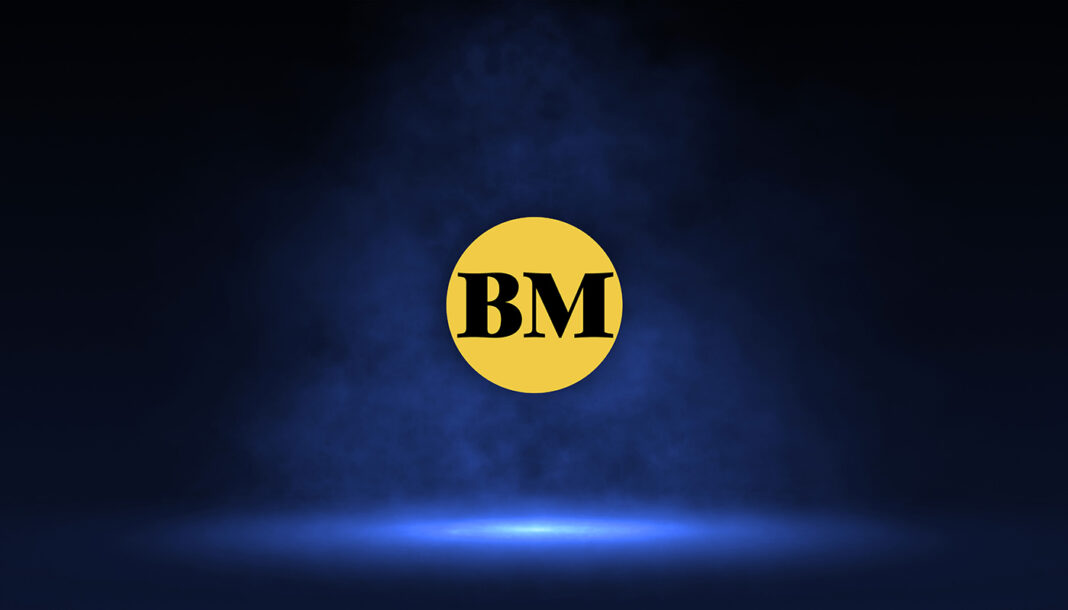
CONCERNED over the shortage of pork supply in some parts of the country, President Duterte has approved the conduct of a study on the expansion of the minimum access volume (MAV) for pork.
Cabinet Secretary Karlo Alexei B. Nograles said the President ordered the Department Agriculture (DA) and other concerned agencies during a Cabinet meeting on Wednesday to initiate the review, which will allow government to increase the volume of pork that may be imported at a lower tariff.
Pork imported within MAV and outside of MAV is slapped a tariff of 30 percent and 40 percent, respectively.
The government said increasing the MAV for pork will help address the deficit of pork in some areas of the country as African swine fever (ASF) continues to devastate hog farms.
“This temporary measure is just meant to augment the supply so its [pork] prices will not increase and affect our inflation,” Nograles said in an online press briefing on Thursday.
“It’s something that we need to act on this year because it’s the supply of this year which we are talking about.”
Currently, the MAV for pork is pegged at 54,210 metric tons (MT). This may be increased, Nograles said, since the DA estimated that the demand for pork is at 1.6 million metric tons.
Presidential Spokesperson Harry Roque made an assurance that the government will only resort to importation if local hog raisers could no longer meet the domestic demand for pork.
“We are balancing the right of consumers to have pork for their consumption and the right of hog raisers to have a livelihood,” Roque said.
He noted that the hike in MAV must be authorized by Duterte before it is sent to Congress for its consideration.
The new MAV will only take effect if lawmakers concur with the rate approved by the President.
Hearing
The DA on Thursday struggled to justify its proposal to lower pork tariffs as a way of stabilizing domestic prices during a hearing on the DA’s petition.
During the hearing conducted by the Tariff Commission, DA officials were unable to answer some questions of hog industry players and senators regarding the benefit of lowering pork tariffs.
DA officials, led by Undersecretary for Livestock William Medrano, were pressed by hog industry association leaders and senators to explain the price impact of a 5-percent in-quota tariff for pork imports.
Medrano argued that the DA’s proposal is part of their “emergency, short-term strategies to stabilize pork supplies and even prices in the market that will benefit the consuming public.”
He added, “We are saying this just to augment the deficit, in case there is a deficit because we all know that African swine fever is still lingering.”
However, Medrano, the highest-ranking agriculture official present during the hearing, was unable to provide any figures that would substantiate the DA’s claim that consumers would benefit from lower pork tariffs.
Sinag computations
Senate Committee on Agriculture, Food and Agrarian Reform Chair Cynthia A. Villar told Medrano to provide his own computation or dispute the computations presented by industry stakeholders showing that the tariff reduction is unwarranted.
The Samahang Industriya ng Agrikultura (Sinag) presented a cost breakdown during the hearing that the wholesale cost of imported pork would only be at P152 per kilogram at 40-percent tariff.
“Sagutin ninyo kung mali iyong computation nila, huwag mo sabihin na na-anticipate ninyo na mauubos ang hogs. That’s a defeatist attitude,” said Villar, who earlier declared that she will oppose a tariff reduction on pork imports.
(Related story: https://businessmirror.com.ph/2021/02/02/senators-buck-bid-to-lower-tariffs-on-pork-and-rice/)
“Based on their computation, kahit may tariff mura pa rin ang imported na baboy. Bakit mo ibababa ang tariff? Sagutin mo iyong computation nila, kung tingin mo mali ang computation nila, sagutin mo ng computation mo. [Present your own computation. Do not just tell us that you anticipated the decimation of hogs. That’s a defeatist attitude. Based on their [industry groups] computation, even if there is a high tariff, imported pork would still be cheap. Why are you reducing the tariff?]”
Medrano responded that the DA will just submit the pertinent data being asked during the hearing as they still have to consult some units of the agency regarding the matter.
“That’s common knowledge to you. You’re the undersecretary for livestock. We cannot wait. You will tell us you will submit, you should have known that already when you came here,” Villar told Medrano.
Deficit
DA Policy Research Service Director Noel Padre provided the commission with his unit’s computation of the wholesale price of imported pork which he estimated at P140 per kilogram—even lower than what Sinag presented. Padre and Sinag both used import data from the Bureau of Customs (BOC).
However, Medrano interjected and said that the landed cost of imported pork is at P220 per kg, based on information he received from sources which he did not disclose during the hearing. “Again, we have to verify that [figure].”
Medrano was again pressed to explain his figures. He said, “We would like to emphasize that importation has been mentioned several times as a last resort to augment supply.”
Toward the end of the hearing, Medrano apologized for not having the pertinent data that will support their petition to lower pork tariffs.
“The data being requested from us has to be coordinated with concerned units and agencies. We will officially submit to the commission. Pasensya na po kayo, ang data po namin ay naka-focus lang doon sa scenario setting kanina,” he said.
Medrano was referring to the pork supply and demand outlook simulated by the DA for 2021. The data was presented not by Medrano, but by Ruth S. Miclat Socano, director of the Agricultural Training Institute-International.
Based on Socano’s presentation, the country would have a surplus of 147,041 MT of pork this year, based on Philippine Statistics Authority data as of October 1.
However, Socano said based on the DA’s simulation, the country may suffer a deficit of 388,790 MT, which translates to an 88-day shortage. Using industry estimates on the impact of ASF, the country may have a shortfall of 530,871 MT, Socano added.
Industry leaders called for the junking of the petition to lower tariffs on pork following the hearing.
The Cabinet-level Committee on Tariff and Related Matters earlier agreed to lower pork tariffs to allow entry of cheaper imports in a bid to boost domestic supply and stabilize the prices of meat products.
(Related story: https://businessmirror.com.ph/2021/01/29/ctrm-endorses-tariff-reduction-on-pork-imports/).

